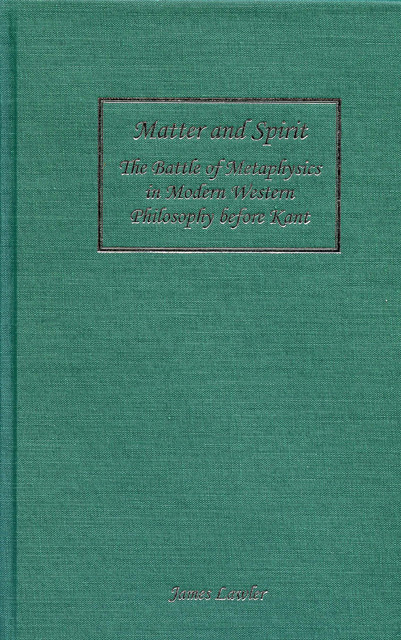5 - Locke on the Freedom of the Human Spirit
Published online by Cambridge University Press: 17 March 2023
Summary
I MOVE MY ARM
When I have a certain idea, and exercise a certain conscious activity of willing, I move my arm. When I move my body by an act of the mind, the independent causal processes of nature must necessarily to be disturbed. Newton's first law, that bodies only move themselves through motion derived from other bodies, is violated every time I freely move my body. How can a non-material idea produce changes in a material thing, if material things only move when they are in contact with other material things? For the mind to be able to move the body, new physical movement must be created out of nothing, without transfer of prior movement through direct contact from other physical beings. Locke thinks that such self-motion reminds us of the divine causality in creating something out of nothing.
But doesn't such a conception of human freedom violate the very foundations of modern science and so contradict the guiding spirit of modern philosophy? That would be the case if the fundamental concepts of modern science were as clear and as intelligible as Hobbes believes they are. Then all the mystery and apparent mysticism would be on the side of those who say that the human mind has a creative power of motion. But how material bodies themselves move one another is also a mystery. In fact we have a clearer conception of how we move our own bodies than we have of how inert bodies without the power of spirit are able to move one another. In a section of his Essay entitled “Communication of motion by impulse, or by thought, equally unintelligible,” Locke writes:
Another idea we have of body is, the power of communication of motion by impulse; and of our souls, the power of exciting motion by thought. These ideas, the one of body, the other of our minds, every day's experience clearly furnishes us with: but if here again we inquire how this is done, we are equally in the dark.
- Type
- Chapter
- Information
- Matter and SpiritThe Battle of Metaphysics in Modern Western Philosophy before Kant, pp. 159 - 203Publisher: Boydell & BrewerPrint publication year: 2006

